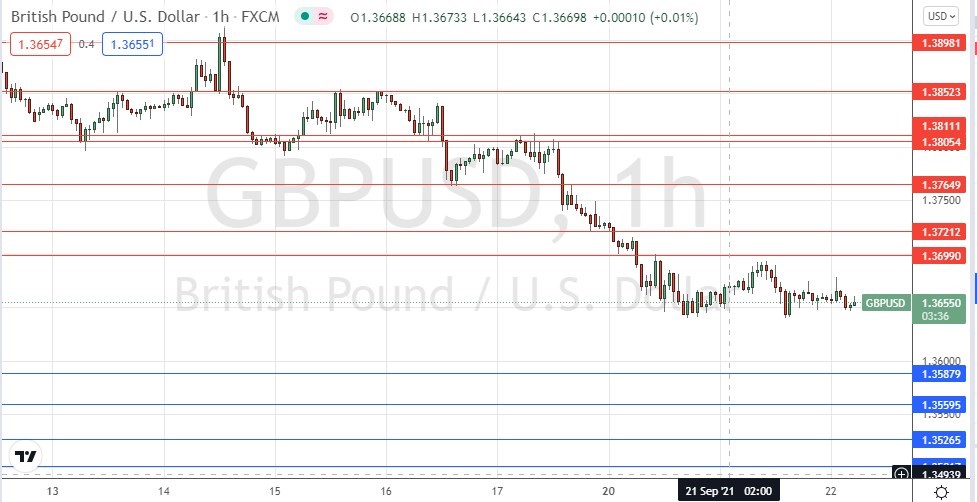Prime Minister Theresa May has endured tremendous difficulty in the first week of 2017. For starters, she signaled that her government’s priority is to tighten the reins on immigration and centralize regulation in the United Kingdom. Of course, to do this she must move swiftly towards invoking Article 50 of the Lisbon Treaty. This complex legal minefield will initiate the pathway to a Brexit, but what lays beyond is uncertain. Presently, the GBP/USD currency pair is trading at 1.2161, down 1.04% or $0.0122.
The sterling plummeted 16.28% over the course of 1 year, with a 52-week high of 1.49, just prior to the June 23, 2016 Brexit. The rapid decline in the sterling has precipitated a strong rally of the FTSE 100 index. Currently, the all-share UK index is trading at 7,237.77, up 0.38% or 27.72 points. The sterling rallies every time the GBP weakens, since 75% of companies listed on the FTSE 100 index have foreign-based operations. This means that repatriated earnings to the UK are worth significantly more.
How is Prime Minister Theresa May Influencing Currency Markets?
There are two pathways to a Brexit: a hard Brexit and a soft Brexit. Currency markets favour the latter approach. If Theresa May moves swiftly towards a hard Brexit, it would send shockwaves through the UK economy. This indicates an immediate cut of economic and political ties with EU partners. In a sweeping interview with Sky News, the Prime Minister indicated that Britain is interested in acquiring the right relationship with the EU, not about maintaining bits and pieces of its membership of the EU.
She stated unequivocally that the UK is leaving and that it is no longer going to be a member of the EU. Several important developments are taking place as Britain mulls its exit strategy from the 28-nation bloc. Monday, 9 January 2017 marked the eighth successive day of new highs for the FTSE 100 index. The FTSE 100 is being boosted by fresh weakness in the sterling, hot on the heels of the Prime Minister’s comments about an imminent Brexit.
Rogers Bids Farewell to May’s Government
Just recently, Ivan Rogers resigned as the United Kingdom’s envoy to the European Union. He was a stalwart in Prime Minister David Cameron’s administration, and decided to stay on in the EU after the Brexit referendum vote. Naturally, the GBP reacted sharply to the shock resignation. Rogers was a key figure in the previous administration, with many years of experience under his belt. His close relationship with important EU officials and delegates helped to stabilize the transitionary period post-referendum.
There are concerns that Prime Minister May is using delaying tactics to avoid the mandatory 2-year forced exit from the EU, with or without a framework in place. Greater uncertainty now prevails across the euro zone and the United Kingdom. The main issue affecting trading is the nature of the Brexit. Britain will want to clarify its political and economic relationships with the EU before a Brexit is agreed-upon. Issues like gaining mutual access for trade in goods and services will be a key priority. The German chancellor, Angela Merkel placed fresh new pressure on the GBP. She maintained that Britain could not cherry pick its access to the single market if it didn’t abide by the 4 freedoms of the bloc.

